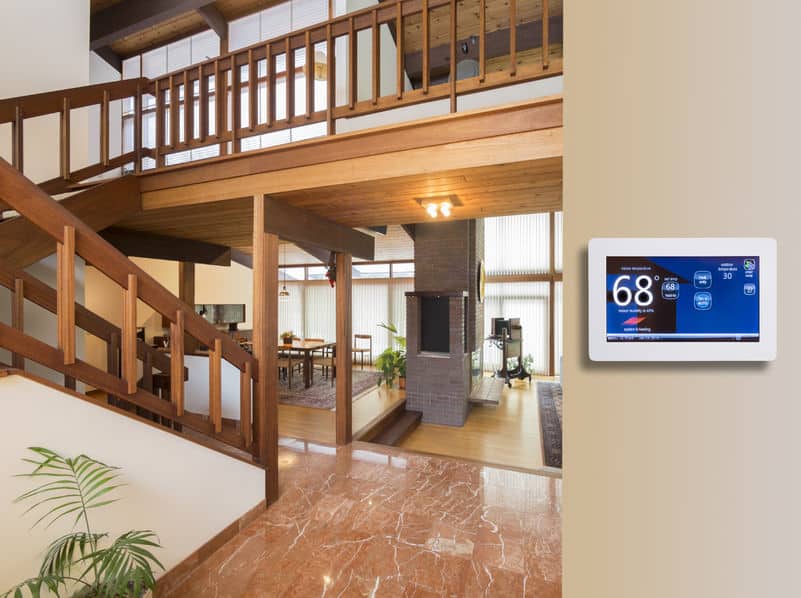Three S’s That Prevent Your Thermostat from Reading Accurately


There are several factors that can affect the accuracy of your thermostat. As the temperature gatekeeper, it is the thermostat’s job to keep your home comfortable. If it is unable to correctly read the room, it will deliver the wrong information to your HVAC system. This will force your unit to cool or heat too much, or too little, which will not be a comfortable experience for you or your family.
The following three S’s are the most common causes of thermostat misreading. Find out how to correct them before they mess with your home.
Site
The position of your thermostat will have a major influence on its readings. For example, if it is located in a hallway with inadequate airflow, it is not going to be able to provide an accurate reading.
Make sure your thermostat is far from the kitchen. A hot oven or cooking on the stovetop will raise the temperature of the surrounding areas. If your thermostat gets wind of this heat, it will instruct your A/C to turn on.
If you realize that your thermostat and your kitchen are too close for comfort, we can help!
Source
Heat sources are not just a problem in the kitchen. Fireplaces and washer/dryers will heat up whatever rooms they are in. Light bulbs emit more heat than you would expect. Large televisions and appliances also emit heat energy. Your thermostat is delicate and needs its own space. Make sure it has room to breathe, away from sources of heat.
If your thermostat is too cozy with a hot appliance, let us know.
Sunlight
Sunlight is a great way to warm up a room without turning on your HVAC system. But it is not so great for your thermostat. Direct sunlight will cause your thermostat to think it’s warmer your home than it actually is. Your A/C can switch on and not know when to turn off because the thermostat won’t cool off until the sun goes down. This can cause your A/C to work too hard or too long to cool down your home.
On the flipside, if you’re trying to warm up your home, and the heat from the sun is on your thermostat. The unit may shut off before your home has actually reached a comfortable temperature.
If you suspect your thermostat is no longer providing accurate readings, give us a call!
For more helpful tricks and tips, follow us on Facebook!

